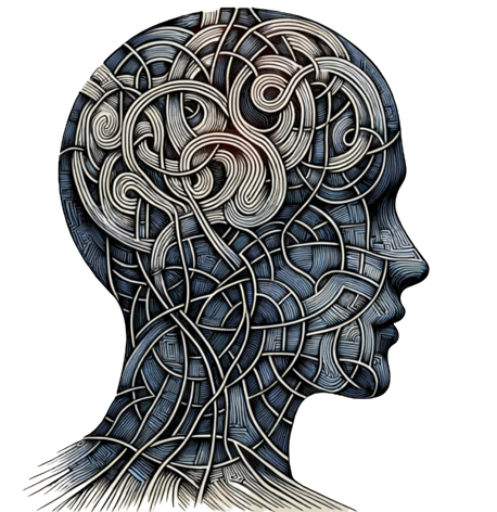
Morality Matters: The is-aught problem; solved!
May 10 @ 2:00 pm - 4:00 pm
This month we will discuss the foundations of a science of morality. Paying special attention to the is-aught “problem.” Yes I put that in scare quotes, because as it turns out there is no problem.
To start out I will demonstrate that morality can be scientific. Meaning that a sound moral system can be: evidence based, falsifiable, reproducible, predictive, and subject to peer review. All the hallmarks of any good science. Furthermore, I will demonstrate that we have human rights using science. Thus, we can make sound moral decisions by using science and the scientific method.
So what about the is-aught problem? Well, this “problem” is often brought up during my presentations and it breaks down like this. Arm-chair philosophers who have read David Hume, like to say things like:
– “you cannot cite evidence (the is), and then say “therefore,” and then make a moral claim (the aught).”
So they are literally objecting to my use of the word “therefore.” This is a syntax issue commonly found in formal logic. In other words, my morality is now being subject to semantics and syntax.
Another objection I hear is to the literal process of determining that an act was, in fact, immoral. In my science of morality I stress that we need to evaluate evidence in order to determine if an action was either moral or immoral. If the action causes suffering, then it was immoral. If it caused flourishing, then it was moral. Proponents of David Hume object to my use of evidence as the determining factor and they cite the is-aught “problem.” When they are challenged by me as to exactly where I made my mistake, they often conjure into existence the potential for an unknown benefit, or flourishing, that will result in the future due to the butterfly effect. They say something like, “well you don’t know what unintended benefits your actions will produce in the future.”
But is that true? Should we really be expected to abandon scientific evidence of pain, suffering, and torture produced today so that we can reap some unknown, unevidenced, and uncertain claim of future benefits? How is thinking like this different from solipsism? Or is this just another instance of wish-thinking, perhaps the worst expression of solipsistic thinking?
Let’s answer that question and more in this months round table. Please join us.
As always, this is a round table event where I look to engage with my audience to better understand their thoughts on these topics. Your encouraged to speak freely. I am currently writing a book about the Science or Morality and conduct these round table events each month to better understand how people react to this new science with the goal of improving my book.
